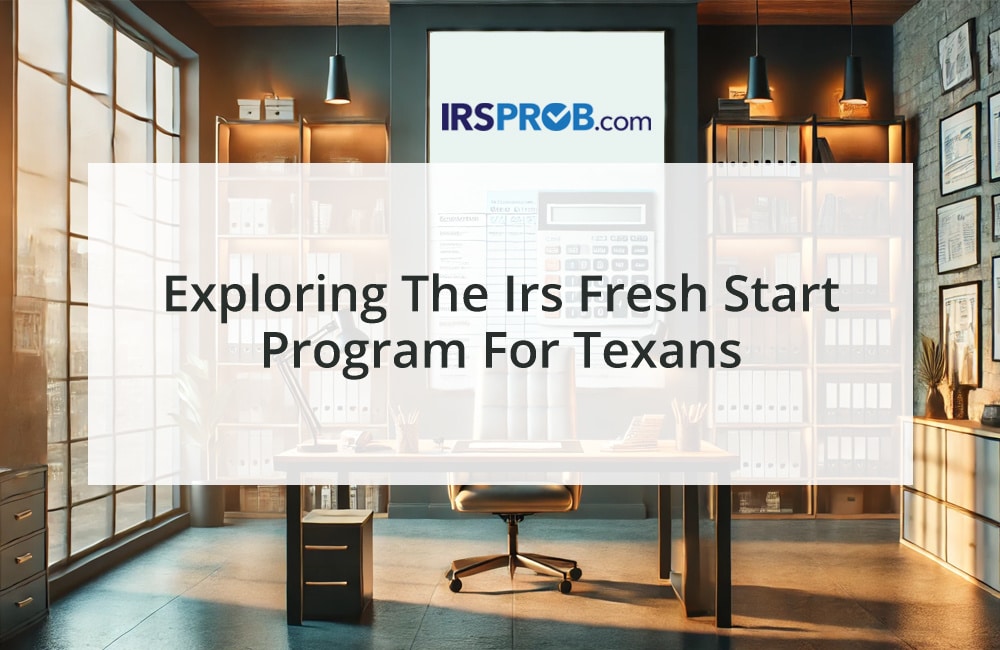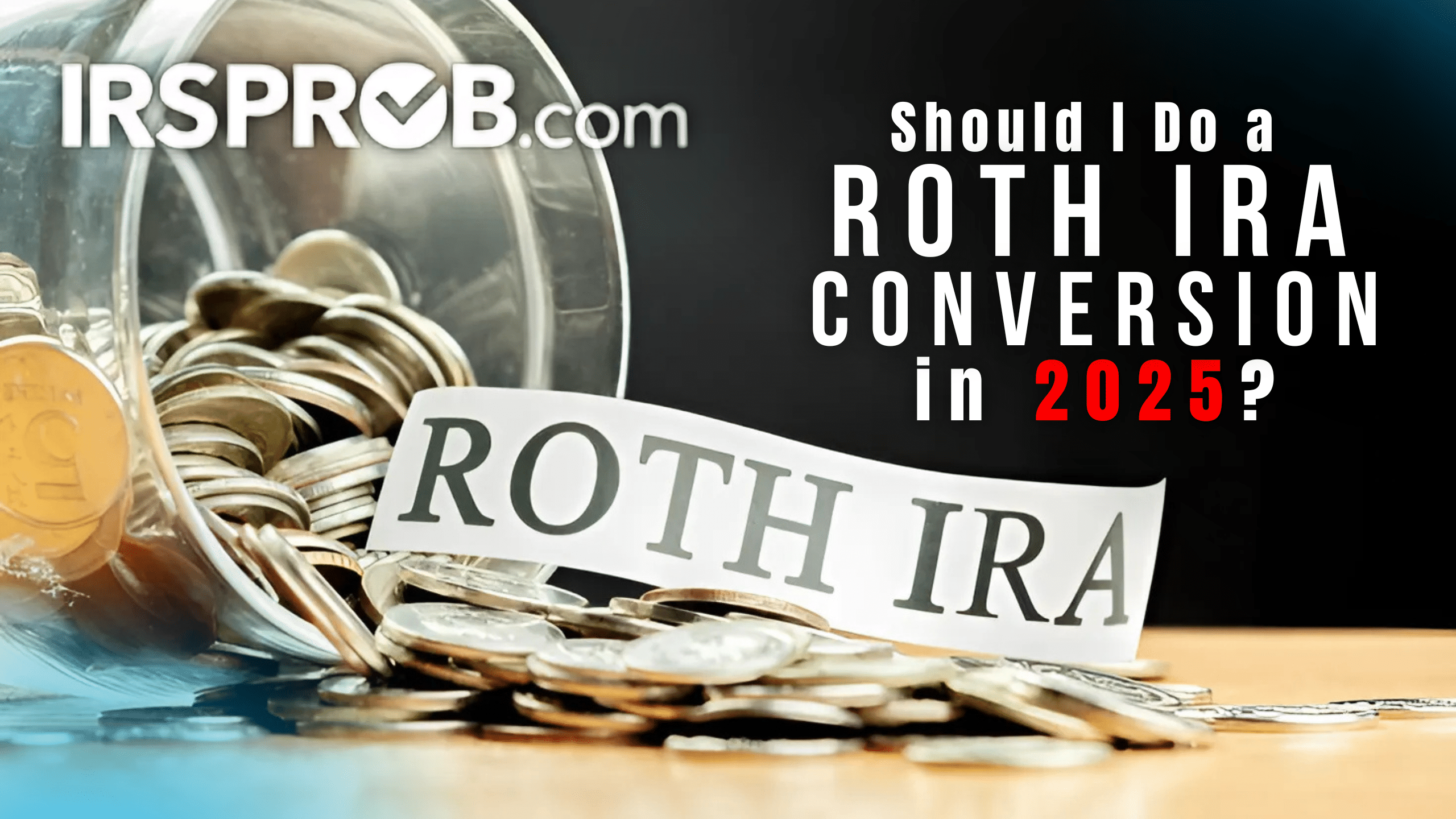
In December, The New York Times published an eye-opening investigation into the estate planning strategies used by Nvidia CEO Jensen Huang to protect his wealth from excessive taxation. While Huang’s net worth—estimated to place him among the top ten richest individuals in the world—may be extraordinary, the tax-saving techniques he employs are widely used by high-net-worth individuals aiming to reduce estate tax exposure.
Through careful planning and strategic application of legal tax structures, Huang is projected to save approximately $8 billion in estate taxes. This approach underscores a crucial reality: tax laws provide legitimate opportunities for wealth preservation, and the wealthiest Americans, with the right advisors, take full advantage.
So, what strategies does Huang use, and how can high-income taxpayers apply similar principles to protect their own assets? Let’s take a closer look.
Why Estate Tax Planning Matters
The U.S. estate tax can take up to 40% of an estate’s value over the exemption threshold (currently $13.61 million per individual in 2024). Without proactive planning, large estates can face significant tax burdens, eroding generational wealth. Wealthy taxpayers use various trusts and legal structures to minimize these liabilities, and the IRS is now stepping up enforcement to ensure compliance.
Huang’s approach highlights key methods used by the ultrawealthy to legally shield assets from excessive taxation:
1.Leveraging Advanced Trust Strategies
Grantor Retained Annuity Trusts (GRATs)
A GRAT allows individuals to transfer assets to heirs with minimal tax consequences. Here’s how it works:
- The grantor (wealthy individual) places assets into a trust.
- The trust pays the grantor an annuity for a set period.
- At the end of the term, any remaining assets pass to beneficiaries tax-free (or at a significantly reduced tax rate).
GRATs work particularly well when assets appreciate in value—like Nvidia stock—allowing the wealth transfer to occur largely outside the estate tax system.
Intentionally Defective Grantor Trusts (IDGTs)
Another structure mentioned in the NYT report is the Intentionally Defective Grantor Trust (IDGT). Despite the misleading name, an IDGT is a highly effective estate planning tool:
- The grantor removes assets from their taxable estate.
- However, they remain responsible for income taxes generated by those assets.
- This tax treatment allows assets to grow outside the estate while reducing the taxable estate further (since tax payments reduce the grantor’s net worth over time).
Both GRATs and IDGTs are legal, well-established strategies that sophisticated taxpayers use to shift wealth efficiently.
2.The IRS Is Playing Catch-Up
For over a decade, IRS enforcement against high-net-worth individuals was significantly underfunded, making it easier for ultrawealthy taxpayers to employ aggressive tax strategies with minimal scrutiny. That changed with the Inflation Reduction Act, which allocated resources to crack down on unpaid taxes.
In fact, in 2024 alone, the IRS recovered over $1 billion from high-income earners in overdue tax liabilities. However, these enforcement efforts may be rolled back by the incoming administration, a shift many wealthy taxpayers are hoping for.
What does this mean for estate planning? Now more than ever, taxpayers should work with experienced professionals to ensure compliance while leveraging available tax-saving tools.
3.Proactive Tax Planning for Business Owners and High-Net-Worth Individuals
You don’t need to be a billionaire to benefit from tax-efficient estate planning. Business owners, investors, and anyone with significant assets can implement similar strategies to:
- Minimize estate taxes through trusts and gifting strategies.
- Use legal tax structures to protect business interests.
- Reduce income tax exposure while ensuring assets grow tax-efficiently.
At IRSProb.com, we specialize in tax strategy and resolution, helping business owners and high-asset taxpayers navigate complex tax laws to legally reduce their burdens. If you have questions about how estate tax strategies like GRATs, IDGTs, or other planning tools can work for you, reach out today for expert guidance.
Bottom Line
Jensen Huang’s estate planning approach is just one example of how careful tax planning can protect and grow wealth across generations. Whether you’re a business owner or an investor, the right strategies can help you reduce your estate tax profile and keep more of what you’ve built.
If you want to discuss your options, contact IRSProb.com—our team is here to help you navigate tax laws and maximize your wealth.









